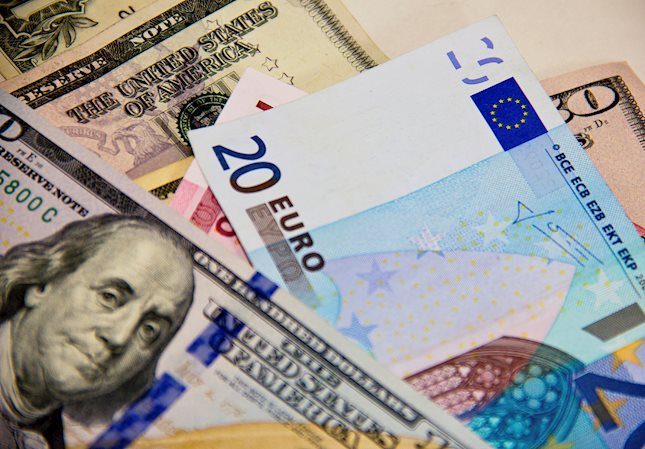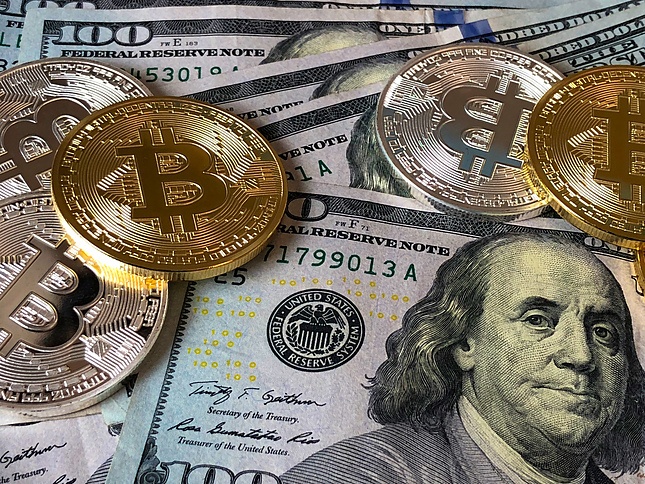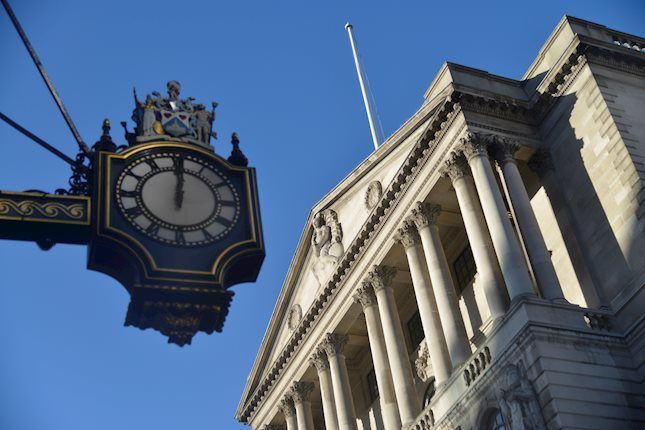The minutes of the 15-16 June FOMC meeting confirmed the divergence that we saw in the FOMC projections and the strange disconnect between the relatively upbeat FOMC statement and Chair Yellen’s following more cautious tone at the press conference in June (see FOMC meeting: Inner circle of FOMC tilts towards one hike this year).
On the labour market, the recent improvement in both job growth and wage inflation was acknowledged, but the implications for monetary policy were less clear: “most participants judged that further progress would be required to eliminate underutilization of labor resources; some of them anticipated that the utilization gap would close around the end of the year. Several other participants indicated that, in their view, labor market slack had already been largely eliminatedâ€. These comments are in line with the Fed funds rate projections which showed a majority in favour of two hikes this year, but with the most influential FOMC members likely among the members projecting only one hike this year. The conclusion, as we know, was that Most agreed that they would need more information on developments in the labor market to establish a solid basis for assessing whether labor market conditions had improved sufficiently to initiate tightening. Which leaves us with the meeting-bymeeting assessment of policy and the data dependence mantra.
The weakness in Q1 GDP growth was discussed, in particular the sluggish consumption growth. Some worried that there had been a permanent shock to consumers’ preferred savings rate. Other worries were Greece, China and whether the apparent weakness in productivity growth recently would be reversed or continue, which has significant implications for future job growth.
In relation to Greece, the main worry seems to be risks to financial markets in the euro area and possible spill-over to the US. Given the so far relatively modest reaction in financial markets to Greece, we think that the Fed’s worries as laid out by NY Fed President Dudley last Friday (see Flash Comment: Greece - implications for Fed) are likely to have eased since then. Note the speech by San Francisco Fed President Williams today, in which he stated that while a worst-case scenario of a Greek exit from the euro leading to sizable financial and economic impacts on the global economy cannot be ruled out, it remains an unlikely tail risk.
The minutes also touched upon the more technical issues relating to the first rate hike. At the meeting where the first rate hike is decided, the FOMC will in addition to the ordinary FOMC statement release a second more technical paper. This will explain how the Fed will reach the announced target rate and how various official rates will be adjusted in accordance.
This publication has been prepared by Danske Bank for information purposes only. It is not an offer or solicitation of any offer to purchase or sell any financial instrument. Whilst reasonable care has been taken to ensure that its contents are not untrue or misleading, no representation is made as to its accuracy or completeness and no liability is accepted for any loss arising from reliance on it. Danske Bank, its affiliates or staff, may perform services for, solicit business from, hold long or short positions in, or otherwise be interested in the investments (including derivatives), of any issuer mentioned herein. Danske Bank's research analysts are not permitted to invest in securities under coverage in their research sector.
This publication is not intended for private customers in the UK or any person in the US. Danske Bank A/S is regulated by the FSA for the conduct of designated investment business in the UK and is a member of the London Stock Exchange.
Copyright () Danske Bank A/S. All rights reserved. This publication is protected by copyright and may not be reproduced in whole or in part without permission.
Recommended Content
Editors’ Picks

EUR/USD extends recovery beyond 1.0400 amid Wall Street's turnaround
EUR/USD extends its recovery beyond 1.0400, helped by the better performance of Wall Street and softer-than-anticipated United States PCE inflation. Profit-taking ahead of the winter holidays also takes its toll.

GBP/USD nears 1.2600 on renewed USD weakness
GBP/USD extends its rebound from multi-month lows and approaches 1.2600. The US Dollar stays on the back foot after softer-than-expected PCE inflation data, helping the pair edge higher. Nevertheless, GBP/USD remains on track to end the week in negative territory.

Gold rises above $2,620 as US yields edge lower
Gold extends its daily rebound and trades above $2,620 on Friday. The benchmark 10-year US Treasury bond yield declines toward 4.5% following the PCE inflation data for November, helping XAU/USD stretch higher in the American session.

Bitcoin crashes to $96,000, altcoins bleed: Top trades for sidelined buyers
Bitcoin (BTC) slipped under the $100,000 milestone and touched the $96,000 level briefly on Friday, a sharp decline that has also hit hard prices of other altcoins and particularly meme coins.

Bank of England stays on hold, but a dovish front is building
Bank of England rates were maintained at 4.75% today, in line with expectations. However, the 6-3 vote split sent a moderately dovish signal to markets, prompting some dovish repricing and a weaker pound. We remain more dovish than market pricing for 2025.

Best Forex Brokers with Low Spreads
VERIFIED Low spreads are crucial for reducing trading costs. Explore top Forex brokers offering competitive spreads and high leverage. Compare options for EUR/USD, GBP/USD, USD/JPY, and Gold.